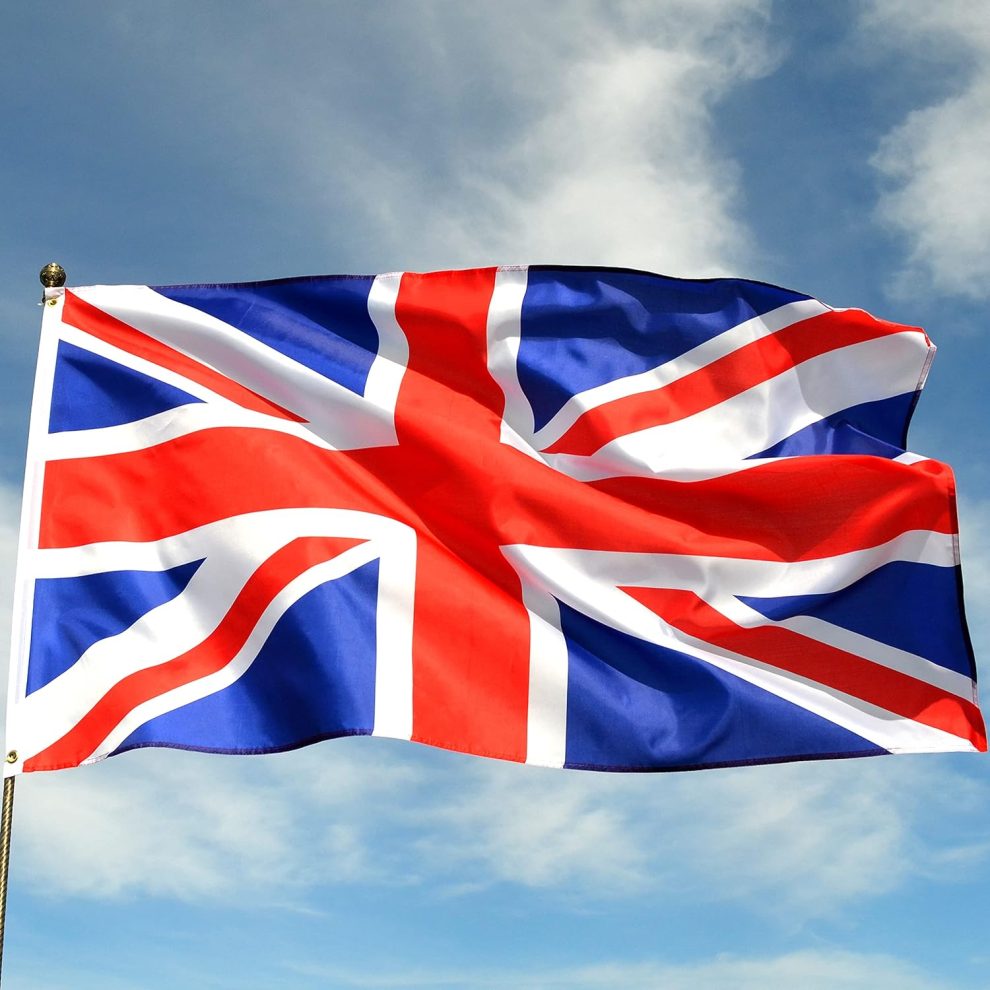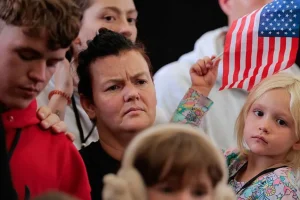LONDON, UK – The British government announced on Thursday, July 17, 2025, its intention to lower the voting age for general elections to 16 and 17, a landmark change that would make the UK one of the nations with the lowest voting age globally.
The move fulfils a key pledge by the ruling Labour Party, which came to power last year, and is part of a broader package of reforms to the UK’s democratic system. Prime Minister Keir Starmer defended the decision, stating, “I think it’s really important that 16- and 17-year-olds have the vote, because they are old enough to go out to work, they are old enough to pay taxes, so (they) pay in. And I think if you pay in, you should have the opportunity to say what you want your money spent on, which way the government should go.”
The proposed change is anticipated to be contentious, as critics have previously argued that lowering the voting age is a self-serving move, given the perception that newly enfranchised teenagers are more likely to support the centre-left Labour party. The government will require parliamentary legislation to enact these changes, where it holds a significant majority.
Currently, only a small number of countries permit 16-year-olds to vote in national elections, including Austria (which made the shift in 2007), Argentina, Brazil, Ecuador, and Cuba. Labour ministers insist the change aims to “modernise our democracy,” boost voter turnout, and align general elections with the existing voting age for devolved regional parliaments in Scotland and Wales.
Other proposed reforms include introducing automated voter registration, a system already in use in countries like Australia and Canada and making UK-issued bank cards an accepted form of identification at polling stations. These changes come after the previous Conservative government introduced a requirement for voters to show photo ID, which the Electoral Commission found led to approximately 750,000 people not voting in last year’s election.
Harry Quilter-Pinner, executive director of the Institute for Public Policy Research think tank, described the proposed changes as “the biggest reform to our electoral system since 1969,” when the voting age was lowered to 18. He estimated that lowering the voting age and introducing automated voter registration could add 9.5 million more people to the voter rolls. Mr. Quilter-Pinner, who supports the reforms, added that “Our democracy is in crisis, and we risk reaching a tipping point where politics loses its legitimacy.”





Add Comment